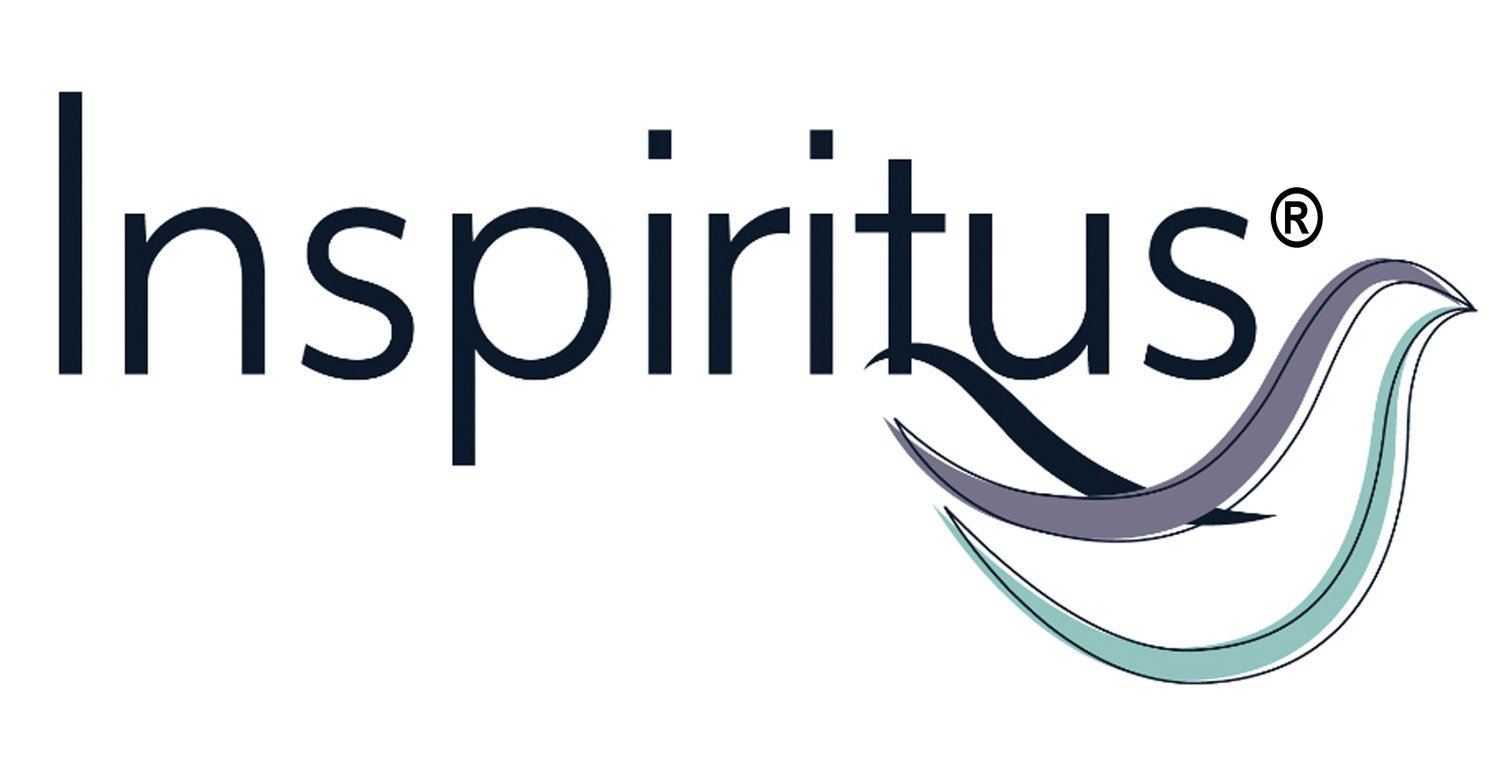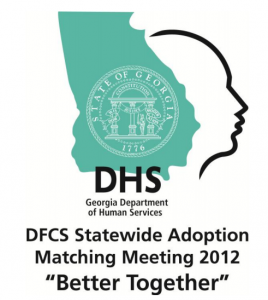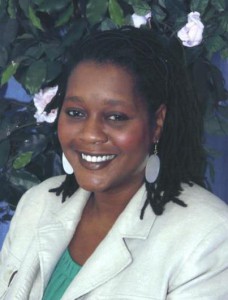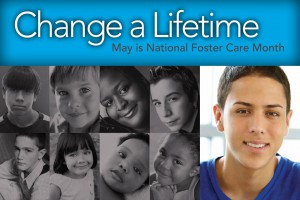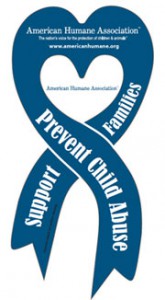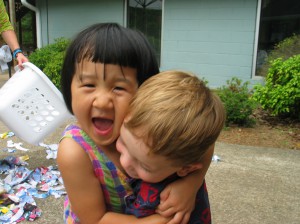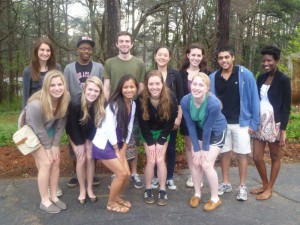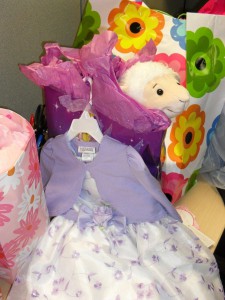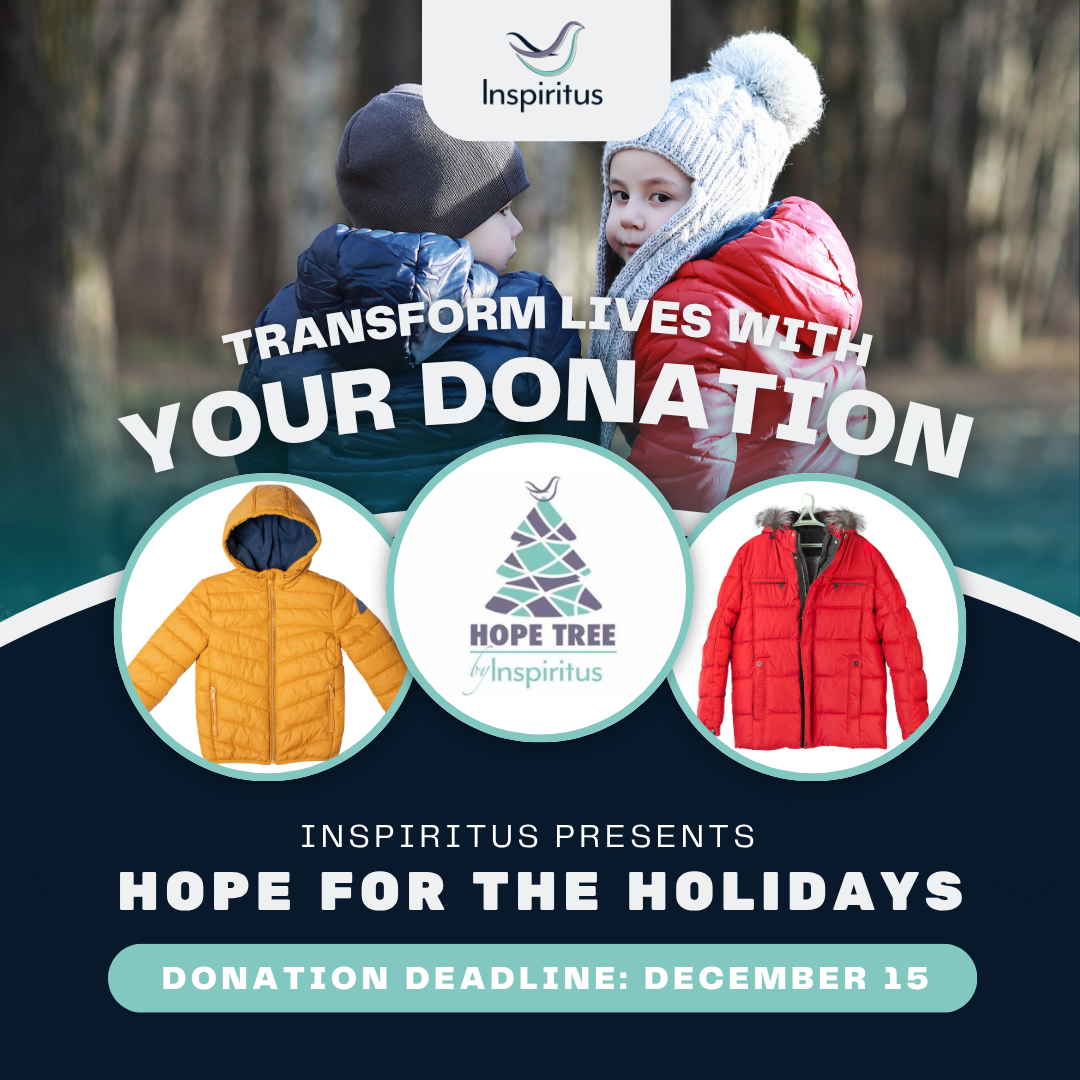Last weekend was the celebration of Mother’s Day, a day that for many adoptive mothers overflows with mixed emotions. Often adoptive families do not know how to “fit in” the concept of the birth mother with Mother’s Day. This brings us to a topic that is not discussed openly – the concept that adoptive parents need to build a sense of embracing the essence of their children and the notion that their children are theirs to parent and that they are deserving of the parenting role.
Building a sense of entitlement and belonging is not the same as being attached. This sense is related to attachment, yet it differs. One can be firmly attached but not feel entitled or fully embrace the parenting role. One can feel quite entitled to a child who is not attaching well. There are quite a few reasons this becomes a complex discussion. It appears that entitlement is not just a task for adoptive parents who struggle with infertility, but also for adoptive parents who chose to adopt in lieu or in addition to becoming biological parents. Children raised in adoptive homes need to build their own sense of entitlement to their parents and having a family, but this is a two way street. This sense of entitlement also needs to be developed by extended family, grandparents, aunts, and uncles, etc.
The result of creating this sense is a warm network for a family that feels they belong together and deserve one another. When a sense of entitlement is lacking, the feeling that something is missing in the relationships can develop and can be skirted around uncomfortably.
One of the first steps in adoption is being honest with oneself about the motivation to adopt. This often means the adoptive parents must face their feelings about infertility and the loss that accompanies that. For adoptees, this may involve understanding why they are adopted. It is also important to fully embrace that there are unavoidable ways a child who is not related by birth may have differences from the family through “nature versus nurture”. Some adoptive families have chosen to honor the mother who “gave life” to their child by lighting a candle, saying a prayer, writing a letter to her or some open recognition of her role in their life around Mother’s day. It is also important to recognize the family will have to develop a public “story” of why they have chosen to adopt and why the child has been placed for adoption. One of the gifts we can give our children is our willingness to do the personal work necessary to embrace our own senses of entitlement as parents in adoption and to join our family and friends with us in that process.
In the classic children’s book, the Velveteen Rabbit by Margery Williams, the Rabbit asks “What is real?” And the skin horse, the philosopher of the nursery responded by reminding the rabbit that, yes, becoming real does sometimes hurt, and that it usually doesn’t happen easily to people who need to be “carefully kept.” Real, advised the skin horse, usually happens after your fur has been loved off and your eyes have dropped out, but that doesn’t matter. For when you are real, you can only be ugly to those who do not understand.
Building a sense of entitlement to one another is a part of the claiming and bonding process for all of those in adoption-expanded families. It’s about believing, with all of one’s being, that you are that you are deserving, of these children whose life you share in memory with the birth parents who gave them that gift. As you feel entitled and fall in love with your child, you know that you belong together as a whole strong family.
